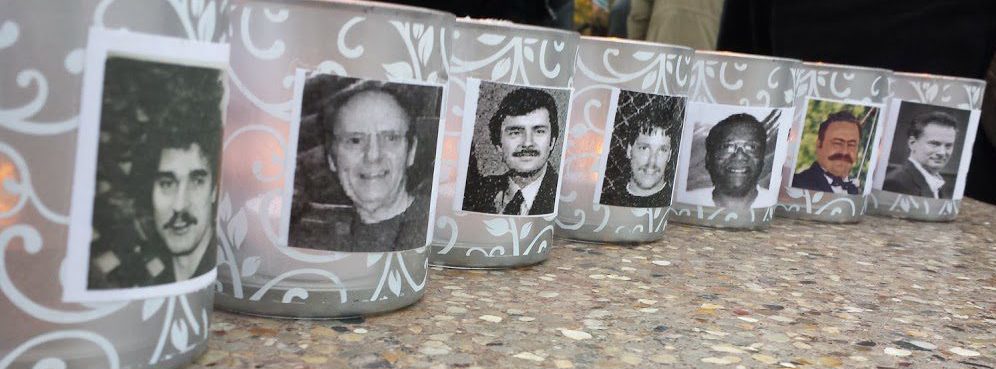Fact: An open mind is a terrible thing to discourage. But this happens frequently in the never ending quest for uniformity. Hence my frustration over how little education or interest is out there about wrongful convictions. Despite constant reminders through exonerations which have become wrinkles within the fabric of our judicial system, acknowledging the scope of their occurrence remains obscure. For many in the legal system, the underlying issue is pride and an inability to admit that mistakes have been made. But just as ignorance creates the potential for more of the same, we are still goaded into traditionalism despite the consequences.
Fact: Bias drives societal standards. But bias permeates society so there’s no getting around this. Therefore I seize every chance to educate and hopefully provoke an objective and diverse viewpoint. During a recent conversation with a local Minneapolis reporter with no knowledge of wrongful convictions or the Innocence Project, I stated my belief that the authorities get it right the majority of the time but that there is plenty of evidence to prove that mistakes do happen. Taking a reasonable stance piqued her interest and she expressed a desire to research the topic further. She stated, “I look forward to hearing more about the Innocence Project and will keep my eyes peeled/eyes open”. I expressed dismay over the unsatisfactory level of reporting the topic currently receives. “These exonerated people are real heroes living among us and we pay so little attention to them,” I had said.
In another encounter I shared this thought, “My determination in bringing awareness to this issue [of wrongful convictions] is due partly to the lack of attention it receives overall because of the perception that it only involves a small majority. I am committed to unveiling the misguidance of that perception”. But to be fair I too was once every bit as ignorant about this topic.
Fact: There have been close to 2,000 exonerations across the US since 1989. A small number of victims in all of that time right? WRONG when you insert into that equation the number of family members, close friends, and acquaintances also severely affected. We cannot count the myriad of cases currently up for review that have not been through the courts yet or the vast number of inmates whose cases may never be re-examined. None of those numbers can be included in the latest findings. Even the National Registry of Exonerations admittedly reports that their list is deficient of the total number of exonerations overall.
Fact: Perceptions can be misleading.This year alone has seen approximately 81 exonerations nationwide with a total of 100 reportedly projected to occur by year’s end according to the Registry. That translates to an average of two per week! Very good news but it also suggests the notion that this problem is much worse than previously thought! I envision that as scientific improvements continue, coupled with additional research into previous flawed practices, like eye witness identification which makes up a high percentage of faulty convictions, this number will increase over time. Encouraging news for the wrongly accused, but discouraging for those of us who place our trust in what we all like to call the best system in the world.


